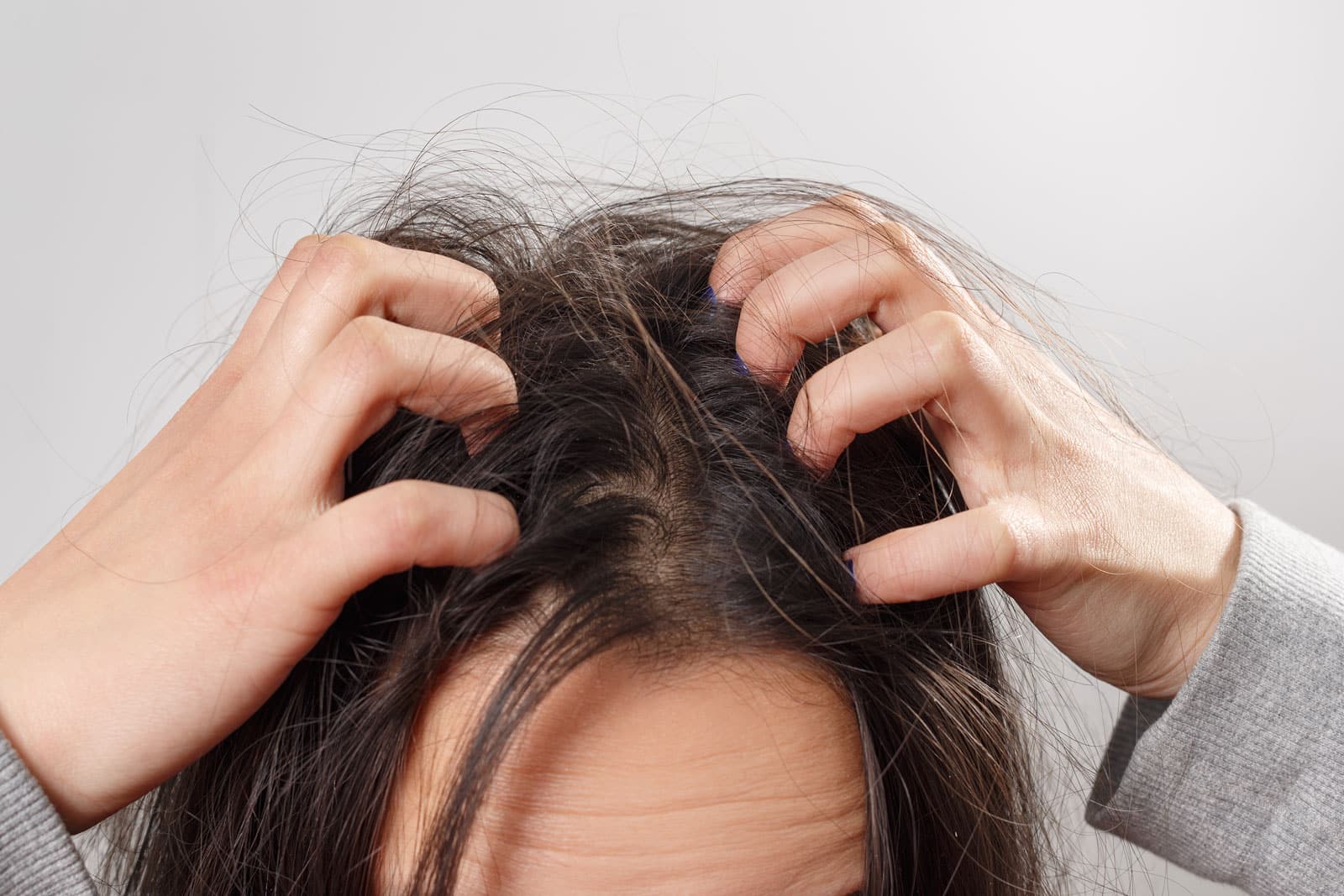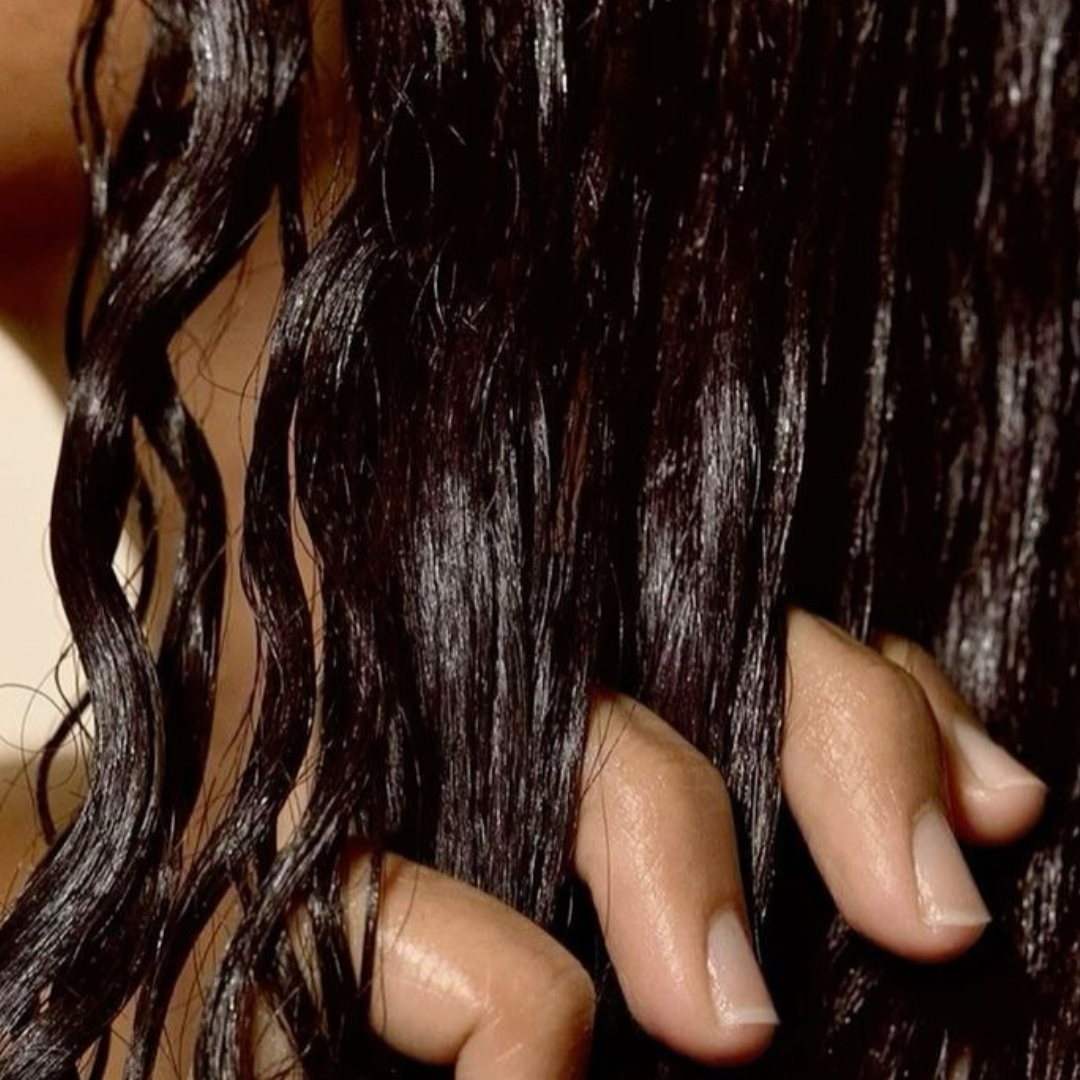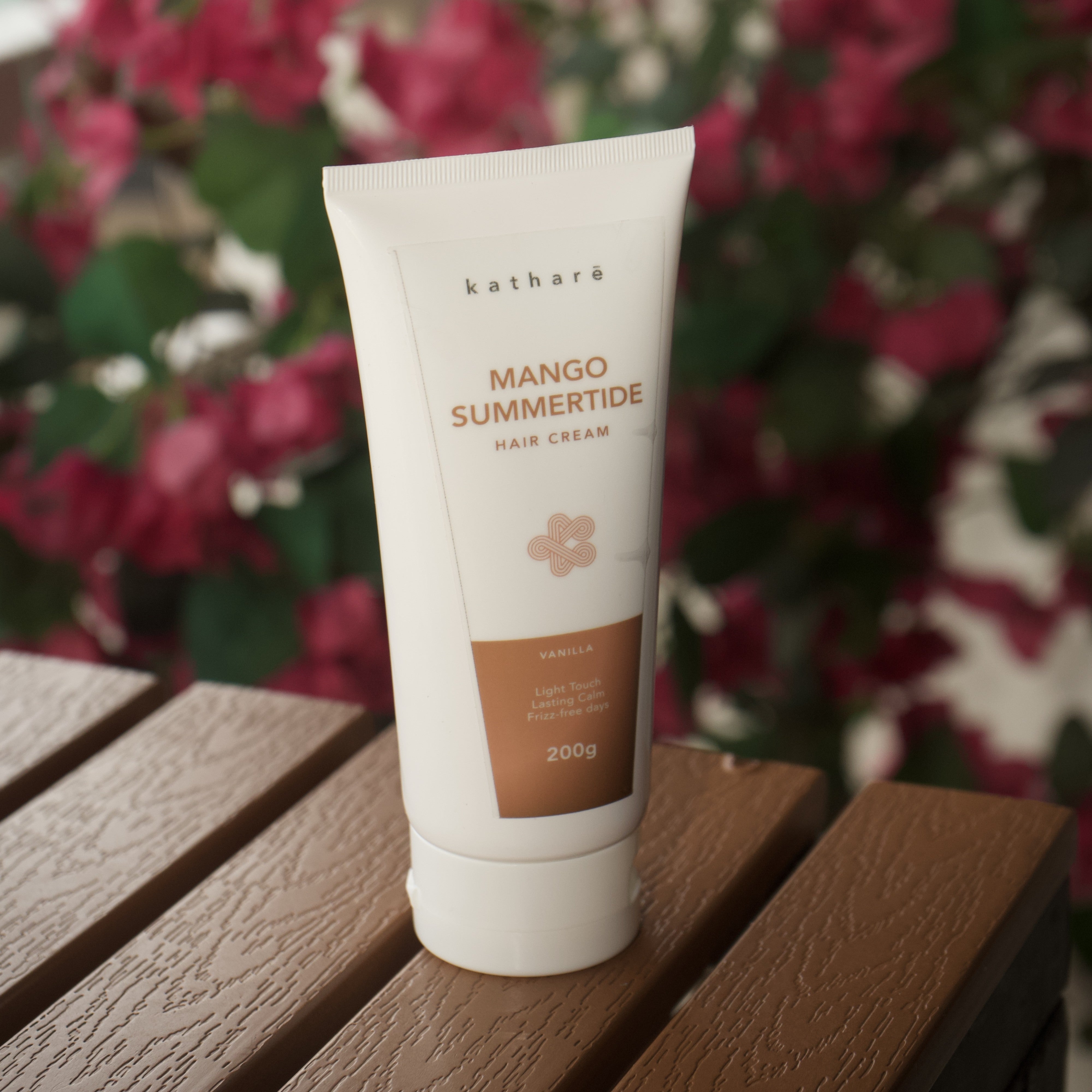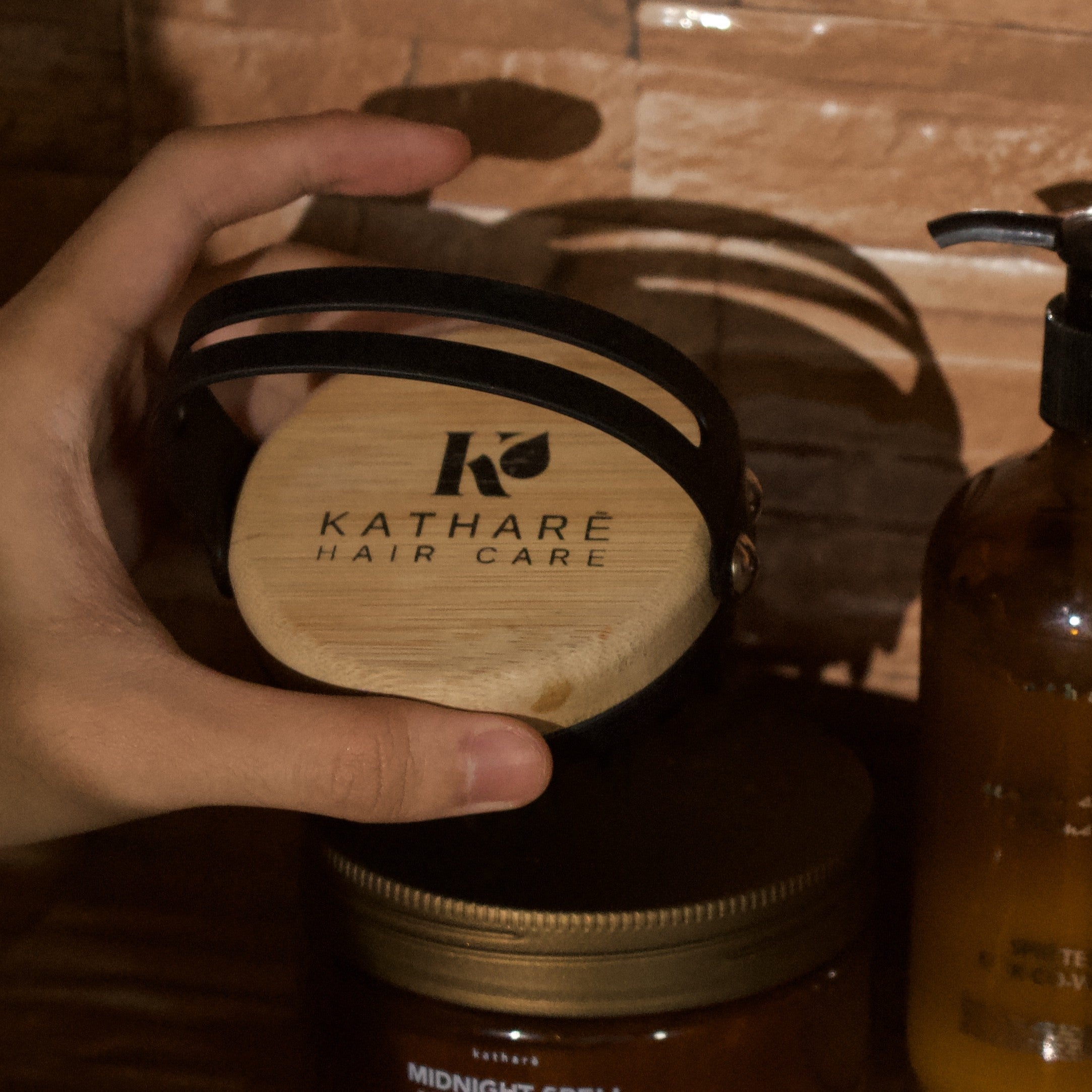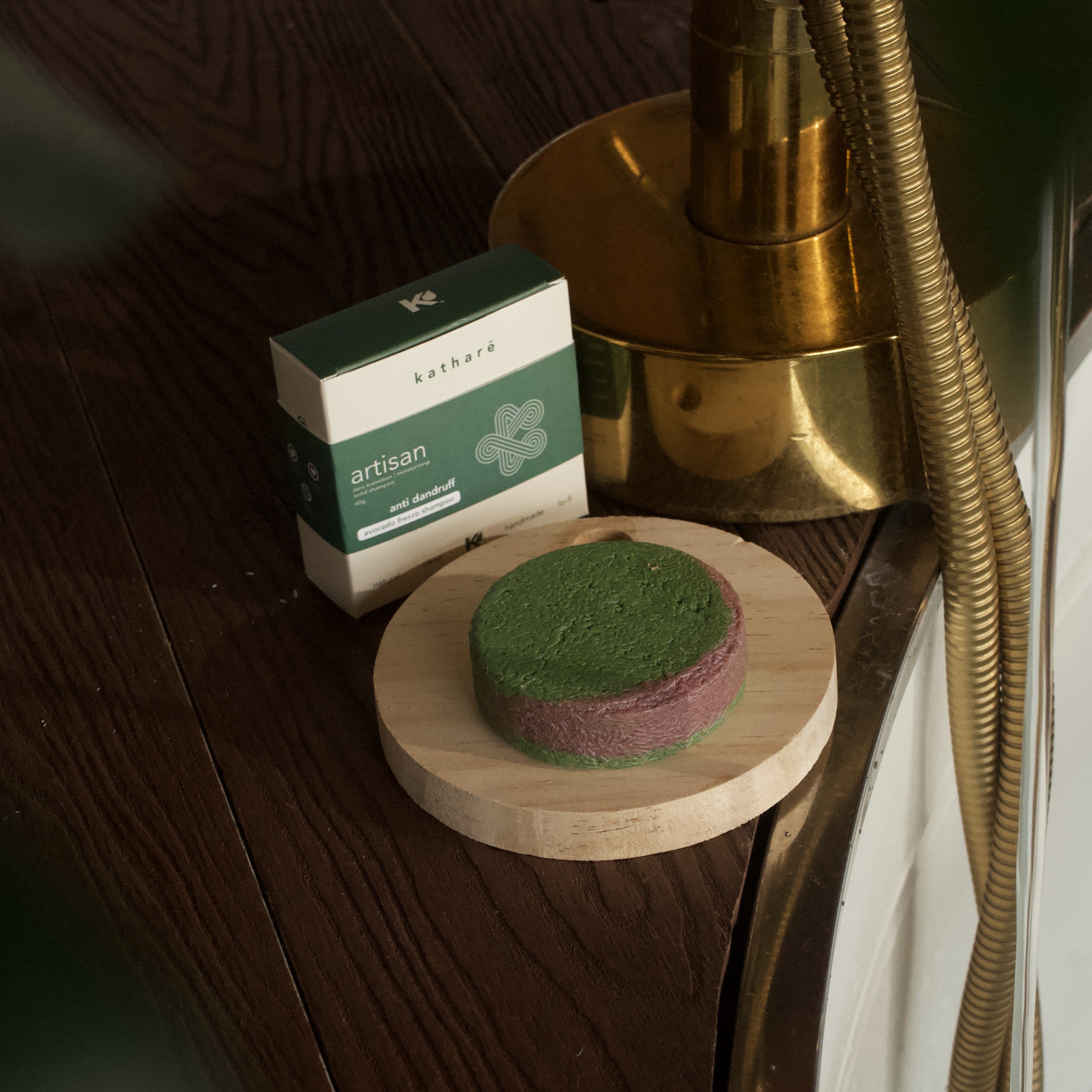Hey there! Dealing with a sensitive scalp can be uncomfortable and frustrating, but understanding the causes and adopting the right care routine can help manage it effectively. Let’s dive into what causes a sensitive scalp, how to treat it, and tips for keeping your scalp calm and healthy.
What is a Sensitive Scalp?
A sensitive scalp refers to a condition where the scalp is more prone to irritation, itching, redness, or discomfort in response to various factors. It can occur due to a variety of reasons, ranging from environmental factors to underlying skin conditions.
Common Causes of Sensitive Scalp
Skin Conditions: Conditions like eczema, psoriasis, seborrheic dermatitis, or contact dermatitis can cause scalp sensitivity. These conditions may lead to itching, inflammation, and irritation.
Allergies: Sensitivity to certain hair care products, including shampoos, conditioners, hair dyes, or styling products, can trigger allergic reactions on the scalp.
Dryness: A dry scalp lacks moisture and natural oils, making it more susceptible to irritation and sensitivity.
Overwashing: Washing your hair too frequently or using harsh shampoos can strip away natural oils from the scalp, causing dryness and irritation.
Weather Conditions: Exposure to extreme weather conditions, such as cold, wind, or sun, can exacerbate scalp sensitivity.
Stress: Stress can affect the health of your scalp and contribute to sensitivity and discomfort.
Symptoms of a Sensitive Scalp
Symptoms of a sensitive scalp may include:
- Itching
- Redness
- Dryness
- Flaking or dandruff
- Burning or stinging sensation
- Tenderness
- Hair loss in severe cases
Diagnosing a Sensitive Scalp
If you suspect you have a sensitive scalp, it’s important to consult a dermatologist or trichologist for a proper diagnosis. They can examine your scalp, identify any underlying conditions, and recommend appropriate treatments.
Treatment Options for a Sensitive Scalp
Gentle Hair Care Products: Choose mild, fragrance-free, hypoallergenic shampoos and conditioners specifically formulated for sensitive scalps. Look for products that are free of sulfates, parabens, and artificial fragrances, as these can irritate the scalp.
Avoid Allergens: Identify and avoid hair care products that contain allergens or irritants that trigger scalp sensitivity. Patch testing new products on a small area of skin before using them on your scalp can help identify potential allergens.
Moisturize: Use a gentle, hydrating conditioner to keep your scalp moisturized and prevent dryness. Avoid applying conditioner directly to the scalp if it tends to become oily.
Avoid Overwashing: Wash your hair no more than 2-3 times per week to prevent stripping away natural oils from the scalp. Use lukewarm water instead of hot water, which can further dry out the scalp.
Cooling Treatments: Apply cool compresses or soothing scalp treatments containing ingredients like aloe vera, chamomile, or oatmeal to calm irritation and reduce inflammation.
Anti-Inflammatory Products: Use over-the-counter or prescribed anti-inflammatory scalp treatments to reduce redness and itching associated with scalp sensitivity.
Medicated Shampoos: If your sensitive scalp is caused by a specific condition like seborrheic dermatitis or psoriasis, your dermatologist may recommend medicated shampoos or topical treatments to manage symptoms.
Tips for Managing a Sensitive Scalp
Protect from Environmental Factors: Wear a hat or use sunscreen on your scalp to protect it from sun exposure. In cold weather, cover your head with a scarf or hat to prevent dryness and irritation.
Avoid Tight Hairstyles: Tight hairstyles or hair accessories that pull on the scalp can exacerbate sensitivity. Opt for loose hairstyles that don’t put pressure on the scalp.
Reduce Stress: Practice stress-reducing techniques such as yoga, meditation, or deep breathing exercises to help manage scalp sensitivity triggered by stress.
Dietary Considerations: Maintain a balanced diet rich in vitamins and minerals that support scalp health, including omega-3 fatty acids, zinc, and vitamin D.
Consult a Professional: If over-the-counter treatments are not effective or if your scalp sensitivity is severe, consult a dermatologist for further evaluation and treatment options.
Preventive Measures
Patch Testing: Before using new hair care products or treatments, perform a patch test on a small area of skin to check for any allergic reactions or sensitivities.
Scalp Massage: Regular scalp massages with gentle, circular motions can improve blood circulation and promote scalp health.
Regular Trims: Keep your hair trimmed regularly to prevent split ends and reduce the risk of further irritation to the scalp.
Managing a sensitive scalp requires patience and a gentle approach. By understanding the causes, choosing the right hair care products, and adopting a scalp-friendly routine, you can alleviate discomfort and promote scalp health.
Remember, everyone's scalp is unique, and finding the right balance of products and practices that work for you may take some experimentation. Embrace your scalp's natural sensitivity and give it the care it deserves. Here’s to a calm, healthy scalp and beautiful, comfortable hair days ahead!


